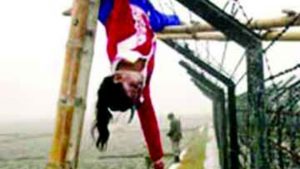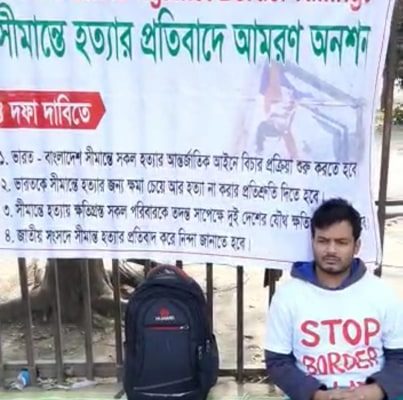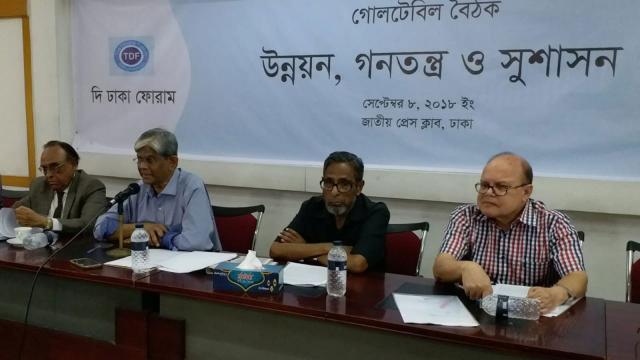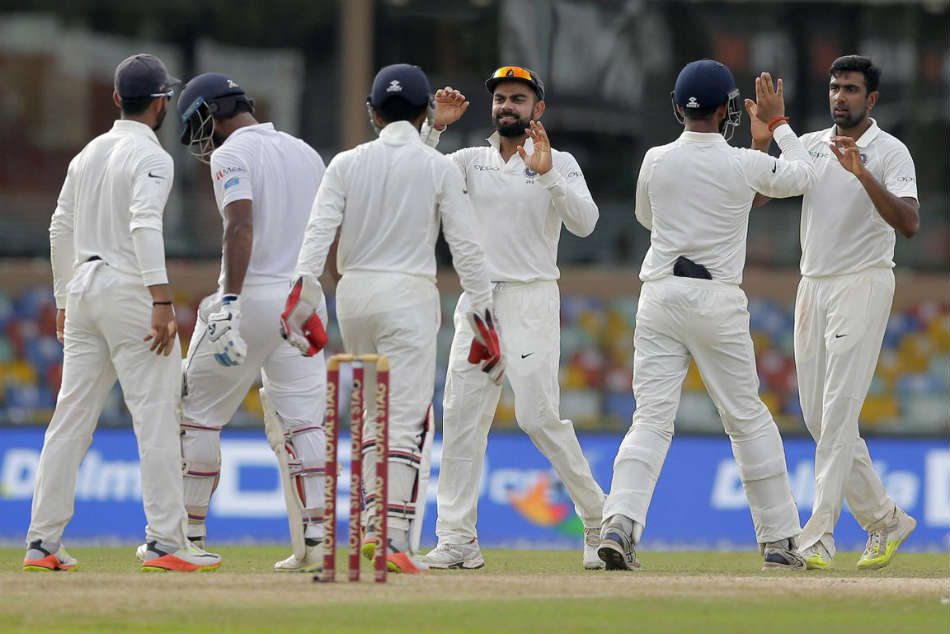Shahriar Feroze: Our shared border with India, an overwhelming 4,156-kilometre-long and complex, has evidently turned into BSF’s ‘killing fields’. Following the recent killings of 4 Bangladeshis along the borders of Naogaon and Jessore on last Thursday, it appears our shared border, in many areas, has now become a shooting practice range for the Indian BSF (Border Security Force). The death toll due to killing along the Bangladesh-India border went down significantly in 2018 while the downward trend was expected to continue. However, the steep rise in border killing in 2019 indicates just the opposite. The lone year was just a short pause.
At least 43 Bangladeshi citizens were killed by the Indian BSF in 2019 – a horrific threefold increase from 14 deaths in the previous year- according to data compiled by rights watchdog Ain O Salish Kendra (ASK). And bulk of the year 2020 is yet left. Looking at the bigger picture, the killings along Bangladesh-India border has become a routine and arbitrary as well. Around 1,000 people, and almost all of them Bangladeshi nationals, have been killed by the BSF in the last decade. It has become a one-sided-affair similar to our one-sided-bilateral-ties with India – where equality in controlling the shared border is absolutely nonexistent.
Confusing diplomacy and broken promises
You may smell a strong anti-Indian sentiment from my choice of acerbic words, but this writer is completely unable to hide his emotions. Ranging from flag meetings to higher diplomatic levels, several bilateral talks had been reported by the media on curbing border killings but the killings would just not come down.
Over a week ago, our foreign minister said both Dhaka and New Delhi want ‘zero deaths’ along the two countries’ borders. Well his clear position would have been better, had he exclusively mentioned that it was only Dhaka that expected ‘zero deaths’ in singular. If Delhi had intended the same the recent killings wouldn’t have taken place.
On the other hand, top officials in the Indian government have pledged on several occasions to bring border killings down to zero and introduce non-lethal weapons at the borders. But the spike in the border death toll indicates that those were fake promises.

Questionable role of the international media
In late last June, barely seven months back, I had written a similar piece on border killings. Back then an isolated incident of a Mexican father and daughter, drowned along the US-Mexico border had drawn considerable media attention. Regarding killing of Bangladesh nationals last week, where is the international media now?
In a world–increasingly turning hostile towards immigration- and particularly with today’s India – a shocking thousand plus or minus killings along a particular borderline matters profoundly. Sadly, the number is not ‘profound enough’ for the international media or perhaps Bangladeshi lives are much cheaper than Cuban, Mexican or South American lives.
End this ‘diplomacy of appeasement’
If it has, it is time for us to shift our precarious stance from our ‘diplomacy of appeasement’ with India. Do not misread me, standing against a just cause does not mean I am suggesting the government to follow an anti – Indian or a pro – Pakistan stance. True, we are surrounded by India on three sides. True, on many counts we share similar cultural and linguistic bonding. And we are more than grateful for India’s military, diplomatic and economic support during our Liberation War. But the relentless BSF killings on our shared border have now got on my nerves. We are an independent and sovereign nation but ironically treated in the manner of an oppressed satellite state along our shared border.
BSF’s sinister ‘Licence to kill’
What’s even worse – in order to prevent smuggling and illegal migration from Bangladesh – BSF is entitled to exercise the much controversial “Shoot-on-sight” policy. The ‘Licence to Kill’ policy enables the BSF to shoot any people with impunity on site near the border areas – with or without cause. And a large portion of the victims are not restricted among cattle traders and farmers with land near the border. There has been no amendment to this controversial policy as of now.
It is time Indian law makers take the controversial policy to their parliament and replaces it with a much humane and rational policy. Nonstop killing do not end smuggling or illegal migration.
My common sense suggests, apart from visible armed infiltrators none should become a victim of a shoot – to -kill policy, be it along the US-Mexico border or the Indo – Bangladesh border. Moreover, the killings between our borders become even more puzzling since, Bangladeshi border officials have also allegedly claimed less than a year ago – ‘such killings are acceptable if the victim was engaged in smuggling.’
What is the BGB doing?
The question involuntarily arises, why do we need a BGB which is seemingly failing to prevent Bangladeshis from crossing the border illegally? – And if they are actually crossing it illegally at all. As much as for preventing illegal migration and smuggling – the BGB also has an important role to protect the lives of our citizens – and if situation demands to shoot back at the attackers.
The bottom-line, in whatever manner you take it, it is time for the international community to intervene on Bangladesh-India border killings, but not in the capricious way as addressing the Rohingya crisis.
And as for the Indian BSF, our shared border is not your ‘Killing Fields’.










